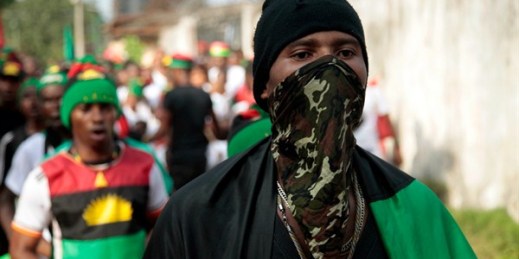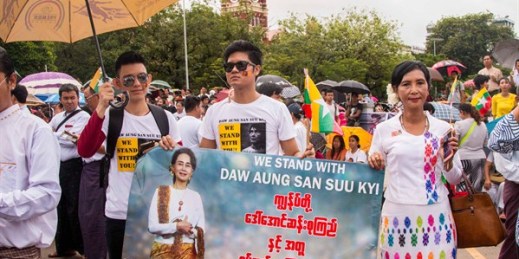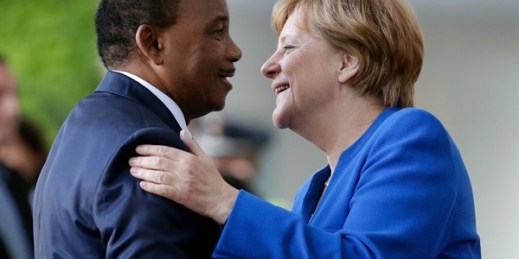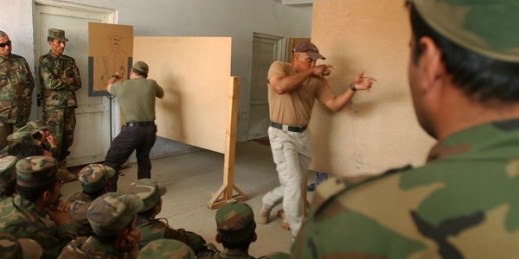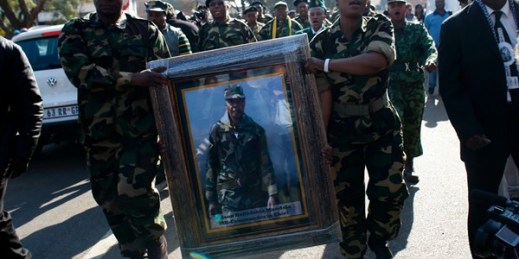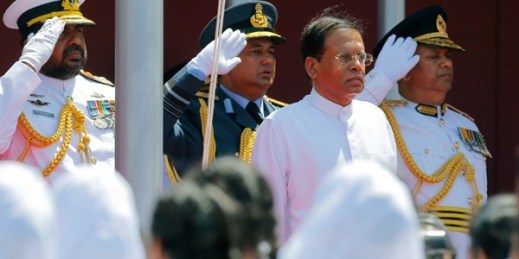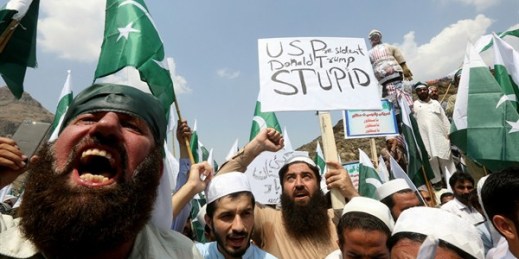
U.S. President Donald Trump’s strategy in Afghanistan, unveiled last month, emphasizes a “new” regional approach that his administration claims will finally produce better results in America’s longest war. Unfortunately, it is unclear how new such a regional approach really is, whether the administration means to follow through on it, and if it is prepared to grapple with the potential ramifications. In his visit to the United States last week for the United Nations General Assembly, Afghan President Ashraf Ghani praised Trump’s approach, especially “the Pakistan component of it.” But the Trump administration has been short on details. The regional vision […]


